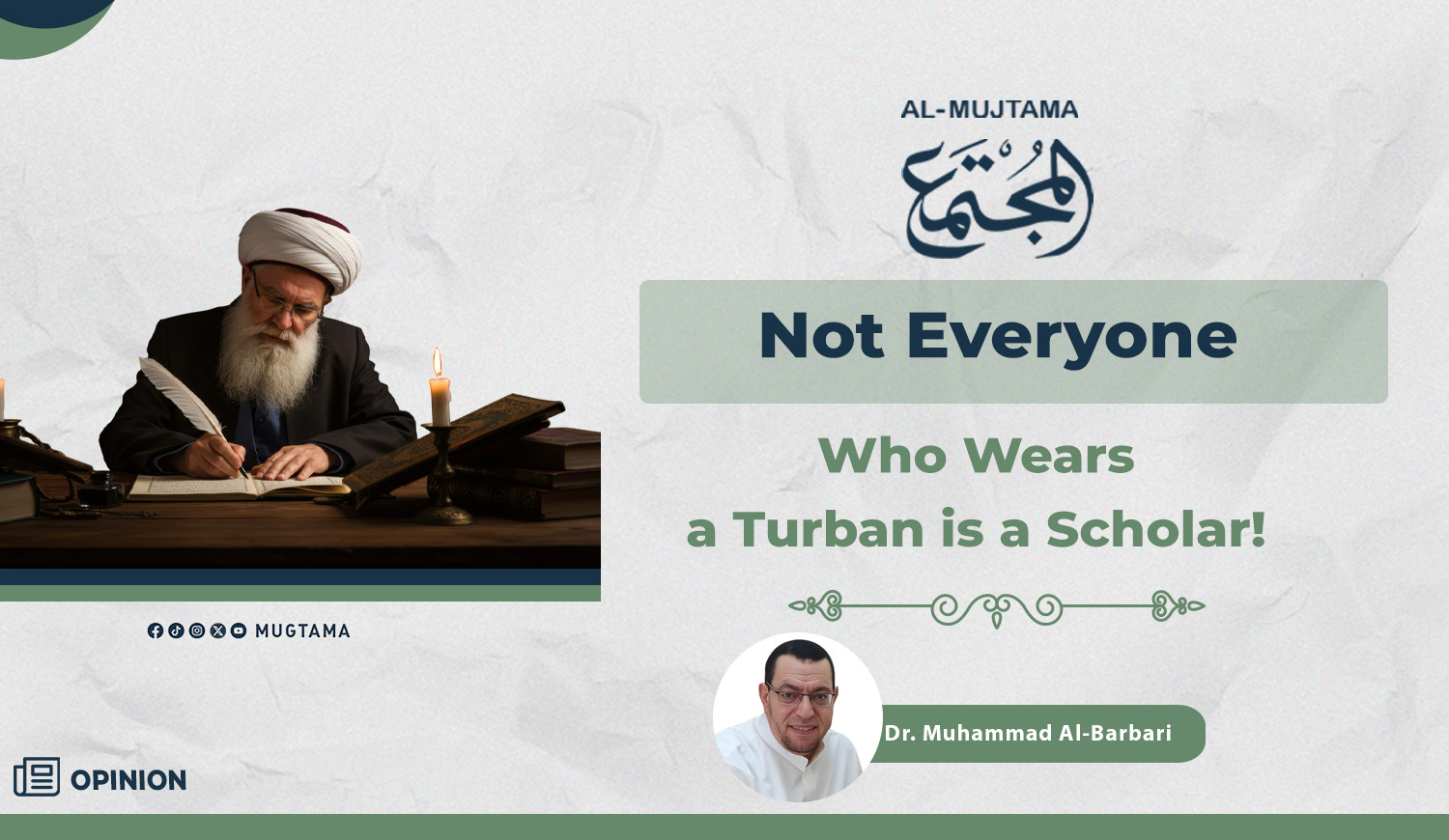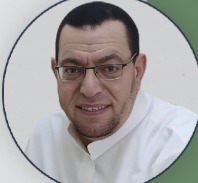Not Every Reader a Scholar
Not Everyone Who Wears a Turban is a Scholar!

In 1986, I was in my first year of university. We had a subject called "Research Literature," which was taught by the esteemed Professor Dr. Fathi Abu Issa, then a professor of Literature and Criticism at the Faculty of Arabic Language in Menoufia. May Allah have mercy on him, he was skilled at formulating sentences, weaving words, and crafting phrases. Words flowed from his mouth like an arrow from a bowstring—sweeter than water and softer than air. He spoke classical Arabic fluently, as if he had been raised in the environment of Al-Khalil and Sibawayh. His words were like a rumbling warning that stirred the still, awakened the sleeping, energized the sluggish, and revived the dead with knowledge.
Among the words etched in my memory, he once said in a
lecture: "If Al-Azhar Al-Sharif were to boast in its long history, from
its establishment until today, it would suffice to be proud of having produced
Sheikh Muhammad Al-Ghazali. He had a pen that obeyed him; it burned with
sincerity with every letter, wrote honestly from his heart, and lived for his
religion and the concerns of his nation as an advisor and defender."
Days passed, and the venerable Sheikh departed to his Lord, of
praiseworthy conduct and pure character.
A Divine Scholar
Divine scholars are the inheritors of the prophets, the apple
of the eye of the saints, and the lamps of light. The rectification of the
nation cannot be firmly built or beautifully adorned except by revering these
virtuous individuals, for the Lord of the earth and the heavens said: (It is only those who have knowledge among His servants
that fear Allah) (Fatir: 28).
Sheikh Al-Ghazali, may Allah have mercy on him, was indeed
among the ranks of the noble and pious. When he passed away, a prominent man
who had lived alongside him and accompanied him on his journey mourned him,
saying: "I knew Sheikh Al-Ghazali, and I knew a man who lived for
Islam and for Islam alone. He associated nothing and no one with it. Islam was
his warp and weft, his morning and evening, his beginning and end. He lived for
it as a soldier, a vigilant guardian, brandishing his weapon. Any enemy who
approached the fortress of Islam intending to penetrate it, he would shout at
the top of his voice, awakening the sleepers and alerting the heedless."
He did not chase after positions that many who wear the garb
of religious people scramble for. The Sheikh's tongue was not created to chant
the name of a creature, but to chant the name of Allah alone, remembering Him,
reciting His book, and inviting to His religion. The Sheikh's hand was not
created to clap for this person or that, but to hold the pen as a weapon to
brandish in the faces of tyrants, and to illuminate the path with his words for
seekers of guidance in the wilderness of delusions, and seekers of light in the
world of darkness (1).
Evil Scholars
Evil scholars suffer from a severe schism between their words
and their actions, between their study and their practice. They neither reform
nor allow others to reform. They are like a rock at the entrance of a river: it
neither drinks nor allows others to drink. Each one of them is more harmful
than a thousand devils and more malicious than snake venom. This is why the
predecessors said of them: "Flies of greed and moths of fire."
And so, the question remains: To those who falsely claim
sheikhdom, who fight over trifles of this world and sacrifice their modesty for
fame and position; who make lawful what is forbidden and forbid what is lawful,
who deny good and affirm evil, who antagonize a friend and befriend an enemy,
who oppress the wronged and support the oppressor, who confront light and
radiance, and who spread discord and misguidance—and yet are considered among
the sheikhs and scholars:
Ease up on yourselves, for not everyone who wears a turban is
a Sheikh!
-------------------------
(1) Sheikh Al-Ghazali as I knew him, a journey of half a
century, pp. 57-58.











